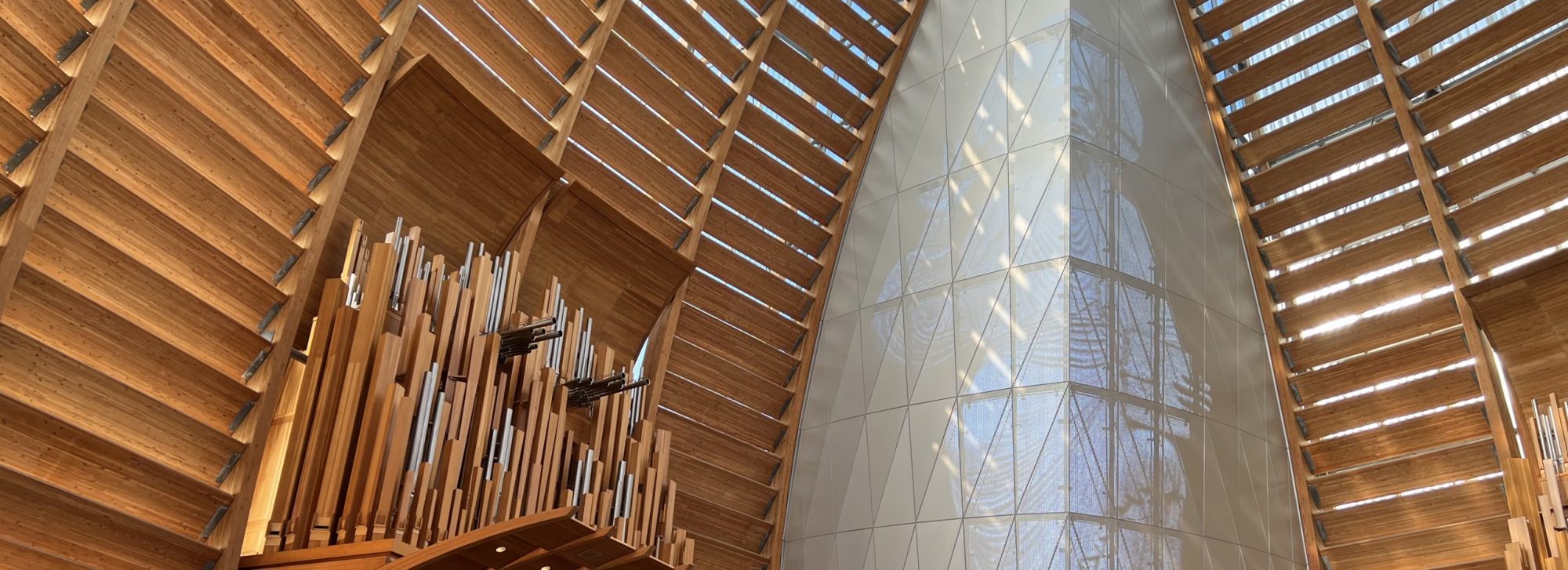七七 離題
那天的集會中,所有的問題都是針對死後的生命而發的。
大師却只笑而不答。
弟子們一再追問他拒答的原因。他說:「你們難道看不出,那些追求另一個永恆不朽生命的,都是那些不知道該如何度過此生的人?」
有個門徒仍然鍥而不捨:「究竟死後有沒有生命?」
「究竟死前有沒有生命?這才是問題所在!」大師留下一個公案。
IRRELEVANCE
All questions at the public meeting that day were about life beyond the grave
The Master only laughed and did not give a single answer.
To his disciples who demanded to know the reason for his evasiveness, he later said.
“Have you observed that it is precisely those who do not know what to do with this life
who wants another that will last forever?”
“But is there life after death or is there not?” persisted a disciple.
“Is there life before death? — that is the question!” said the Master enigmatically.
